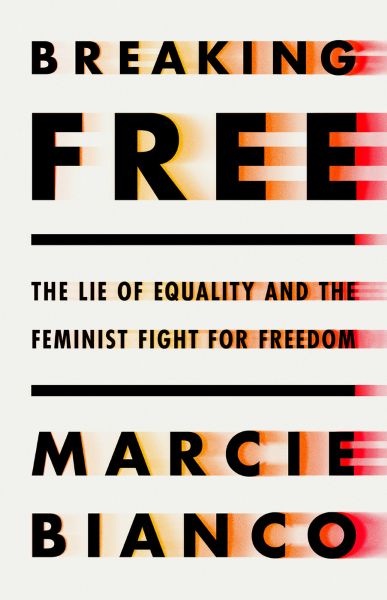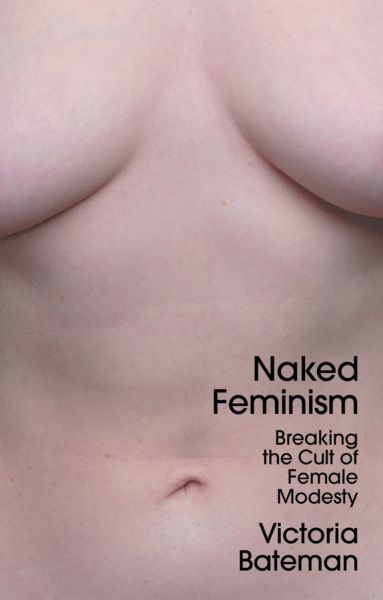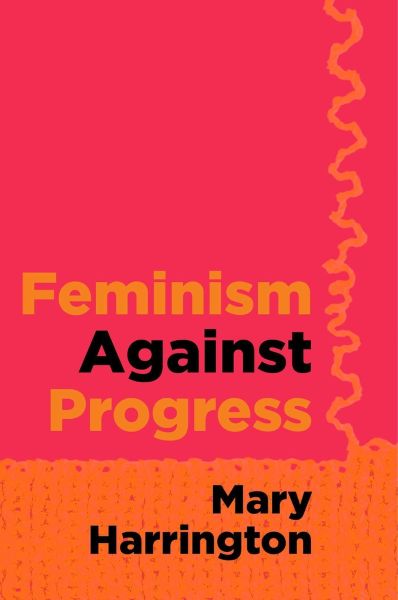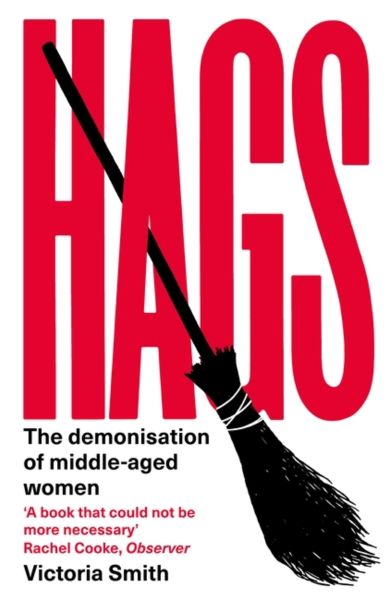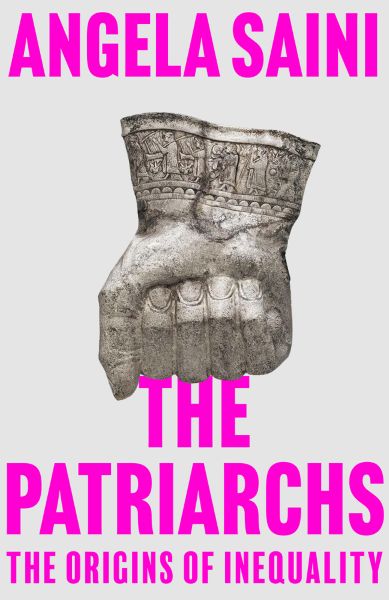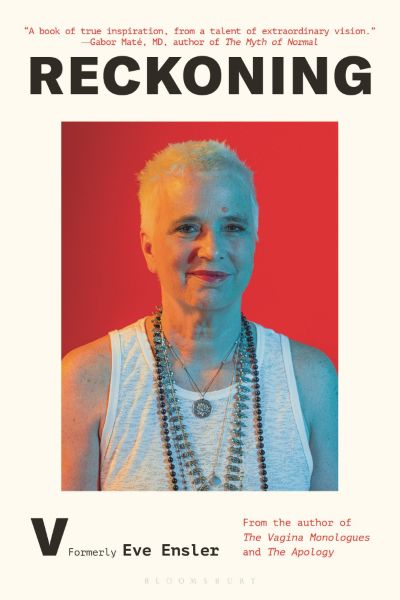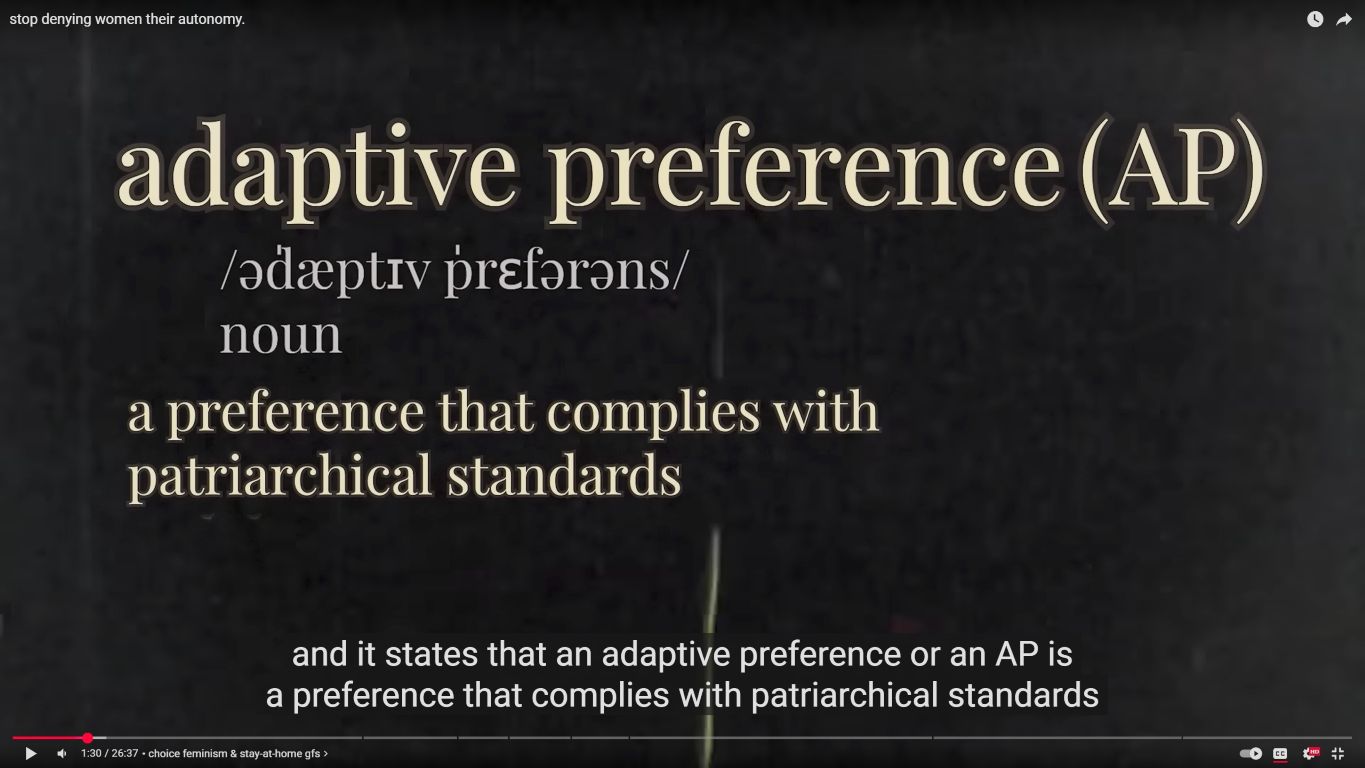Feminist Theory
30 related content items found
📚 Books 6
📄 Papers 23
Beyond Identity: Feminism, Identity and Identity Politics
This influential 2000 article critiques both Judith Butler's theory of the subject and the practice of identity politics in feminism. Hekman proposes a middle ground between modern and postmodern conceptions of the subject while arguing for removing identity from the political realm entirely. The paper challenges fundamental assumptions about how feminism organizes politically around identity categories.
But the empress has no clothes! Some awkward questions about the 'missing revolution' in feminist theory
This provocative 2000 article challenges the state of contemporary feminist theory, arguing that while feminist epistemology, methodology and ethics have undergone revolutionary transformation, feminist theory remains trapped within parallel structures to mainstream/malestream social theory. Stanley and Wise call for a fundamental feminist autocritique and the development of feminist metatheory.
Feminist Epistemology and Value
This 2000 article by Alison Assiter develops a distinctive approach to feminist epistemology centered on the concepts of 'emancipatory values' and 'epistemic communities.' Assiter argues that knowledge production is fundamentally shaped by the values of the communities in which it occurs, and that feminist epistemology should focus on creating communities whose values promote emancipation rather than oppression. The paper offers a modernist feminist epistemology that is collective rather than individualist, value-centered rather than value-neutral.
Book Review: Gender and Institutions: Welfare, Work and Citizenship
This book review discusses 'Gender and Institutions: Welfare, Work and Citizenship' edited by Moira Gatens and Alison Mackinnon. Bryson, as a distinguished Australian feminist sociologist, draws from her deep research background in welfare states and gender policy to evaluate the book's analysis of gender dimensions in Australian institutions.
Higamous, hogamous, woman monogamous
This essay critically examines evolutionary psychology's claims about gender differences and mate selection, particularly the popular notion that women are 'naturally monogamous' while men are 'naturally polygamous.' Rees reveals how these scientific narratives serve gender essentialism and how feminism responds to evolutionary psychology's challenges.
Pure tolerance revisited
This radical feminist theoretical article revisits the place of tolerance in feminist theory, critically responding to the pluralist stance advocated by the inaugural issue of Feminist Theory journal. Drawing on Herbert Marcuse's theory of 'repressive tolerance', Thompson argues that unlimited tolerance provides shelter for patriarchal and anti-feminist viewpoints, thereby undermining feminism's core as a liberatory politics. She contends that feminism must maintain intolerance toward male domination to preserve its theoretical coherence and political efficacy.
Reconceiving Citizenship: The Challenge of Mothers as Political Activists
An exploration of how mothers as political activists challenge traditional conceptions of citizenship. Reiger examines maternal activism in Australian childbirth reform movements, arguing that mothers' claims for participation in health policy reconceive citizenship to include care, embodiment, and community advocacy.
Aspiring to a politics of alliance: Response to Sylvia Walby's 'Beyond the politics of location: The power of argument in a global era'
This response essay explores tensions between universalism and politics of location in feminist theory, responding to Walby's claims about making universal arguments across local differences. Phoenix, from an intersectional perspective, advocates for alliance politics built on acknowledging difference rather than abstract universalism.
Being reasonable, telling stories
This essay explores the relationship between rational argumentation and narrative knowledge in feminist theory, questioning traditional oppositions between theory and story, abstract and concrete, argument and narration. Felski argues that narrative is not the opposite of rationality but an important mode of feminist knowledge production, and the two should be seen as complementary rather than opposed.
Beyond the Politics of Location: The Power of Argument in a Global Era
This 2000 article by leading feminist sociologist Sylvia Walby challenges the dominance of standpoint epistemology and the 'politics of location' in feminist theory. Walby argues that in an era of globalization, feminism needs to move beyond location-based knowledge claims and embrace the power of reasoned argument to make effective universal claims about gender justice. The paper engages critically with postmodern and postcolonial feminist theories that privilege particular standpoints over universal reasoning.
In search of feminist theory
This essay is Walby's response to critiques from Phoenix, Knapp, and others, further elaborating her position that feminism needs robust theorization and universal claims. Walby argues that in the era of globalization, feminism cannot be limited to politics of location but needs to develop theoretical frameworks capable of analyzing systemic oppression across local boundaries.
More Power to Argument
This essay responds to Sylvia Walby's claim that feminism needs to move beyond politics of location toward universal arguments. Knapp, drawing from German Critical Theory and feminist traditions, explores the power of argument while warning against power relations that abstract universalism might mask, advocating for argumentative practice that is both critically powerful and acknowledges situatedness.
Re-reading the Second Sex: Theorizing the Situation
This essay re-evaluates Simone de Beauvoir's philosophical contributions in The Second Sex, particularly her theorization of the concept of 'situation.' Stavro argues that Beauvoir was not merely a follower of Sartre but critically transformed existentialism through embodied, situated subjectivity, establishing a unique foundation for feminist theory.
Thinking Through Breasts: Writing Maternity
A groundbreaking exploration of how maternal embodiment, particularly breastfeeding, transforms academic writing and knowledge production. Bartlett develops an 'epistemology of breasts' that challenges traditional boundaries between personal experience and scholarly practice.
Book Review: Introduction to Feminist Jurisprudence
This book review discusses Hilaire Barnett's 'Introduction to Feminist Jurisprudence'. Scoular, as a feminist legal scholar at the University of Strathclyde, Scotland, evaluates the book's coverage of major issues in feminist jurisprudence as a student textbook, and its analysis of how traditional jurisprudence and law remain masculine subjects despite the vast strides in formal legal equality.
Protesting like a Girl: Embodiment, Dissent and Feminist Agency
This 2000 article examines feminist agency through the lens of embodiment, drawing on Merleau-Ponty's phenomenology to analyze the British suffragette movement. Parkins focuses on Mary Leigh's suffragette career to argue that corporeal performance—the strategic use of women's bodies in daring protests—constituted a powerful form of feminist political agency that contested the boundaries of citizenship and the political domain.
Thinking Feminism with and against Bourdieu
This groundbreaking article explores the productive tensions between Pierre Bourdieu's sociology of practice and contemporary feminist theory. Lovell critically examines Bourdieu's concept of habitus alongside Judith Butler's theory of performativity, revealing how each approach offers unique insights while harboring distinct limitations for understanding gender, agency, and social transformation. The analysis demonstrates how feminist scholars have creatively appropriated Bourdieu's concepts, particularly cultural capital, to illuminate the intersection of class and gender.
Using Gender to Undo Gender: A Feminist Degendering Movement
This revolutionary article proposes a radical solution to persistent gender inequality: the complete elimination of gender categories. Lorber argues that despite significant improvements in women's status, true equality remains elusive because society continues to be organized around binary gender divisions. She calls for a 'feminist degendering movement' that would dismantle the very foundation of gender categorization rather than simply seeking equality within existing structures.
What Counts as Feminist Theory
This essay explores the definitional boundaries and epistemological foundations of feminist theory, questioning what kinds of thinking and practice can be counted as 'theory' and how such distinctions affect feminist academic and political practice. Ermarth examines feminist theory's diversity and inclusivity from a postmodern perspective.
Who Counts (or Doesn't Count) What as Feminist Theory?: An Exercise in Dictionary Use
This critical essay examines epistemological boundaries and power relations in academic discourse by investigating how dictionaries define and categorize feminist theory. Winter analyzes which theoretical traditions are included or excluded, and how these choices reflect power dynamics and knowledge politics within feminism.
Performative Acts and Gender Constitution: An Essay in Phenomenology and Feminist Theory
This influential essay explores gender as a performative act rather than a natural given, drawing on phenomenological theory to argue that gender identity is constituted through repeated stylized acts. Butler challenges essentialist notions of gender and proposes that gender is continuously constructed through performance within regulatory frameworks.
Doing Gender
This article proposes an understanding of gender as a routine accomplishment embedded in everyday interaction.
The Traffic in Women: Notes on the 'Political Economy' of Sex
This paper proposes the groundbreaking concept of the 'sex/gender system' to analyze the social origins of women's oppression through a critical synthesis of Marxism, structural anthropology, and psychoanalytic theory.
Related Topics
Discover More Content
Explore more feminist-related topics and content
